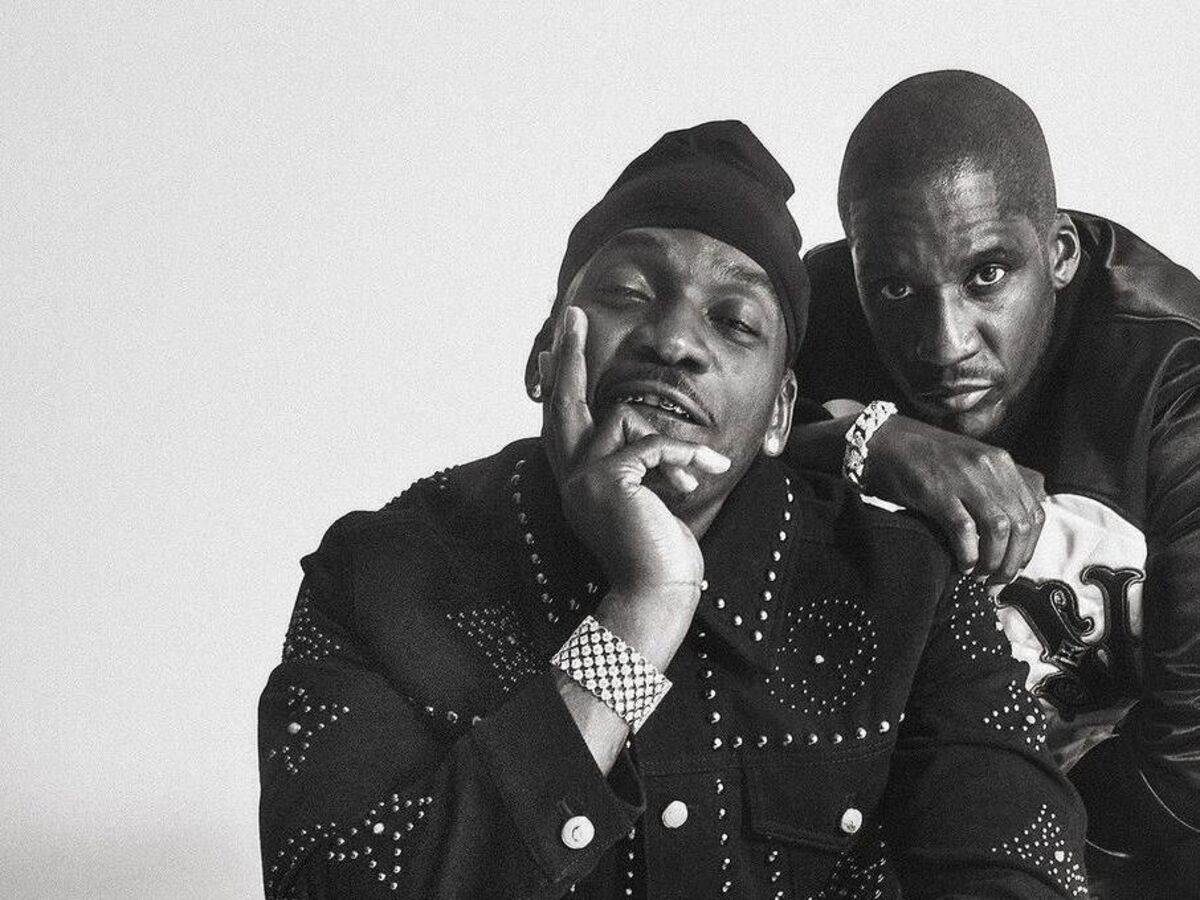If you have not been tuned into the rap world this year, you might have missed what is arguably the biggest comeback of 2025: Let God Sort Em Out (2025), the long-awaited album from hip-hop duo Clipse (Pusha T and No Malice), released sixteen years after their last album.
Produced by Pharrell Williams, the album has been met with critical acclaim and is already being hailed as one of the best rap releases of the year. The single So Be It (2025) has also sparked widespread online conversation, with many speculating that its closing verse takes lyrical aim at American rapper Travis Scott.
But what has not received as much attention is the origin of one of its standout moments, which is the opening of the single So Be It (2025), featuring a sample from the legendary Saudi track Maza Akoulou (What Should I Say, 1976) by the late icon Talal Maddah.
Talal Maddah was one of Saudi Arabia’s most iconic and influential singers and composers. Active from the late 1950s until his sudden passing in 2000, he left behind a musical legacy that continues to live to this day. Known as “The Earth’s Voice”, Maddah was celebrated for his warm vocals and gentle delivery.
Once the track opens, the first thing you hear is the soft, poetic voice of Saudi legend Maddah. Combined with the music video’s black-and-white visuals, it creates a mood that is both sultry and emotional, anchored by a beat that nods to the golden era of 2000s rap.
But why was it specifically chosen as a sample? Sources say that producer Pharrell Williams first came across Maza Akoulou (What Should I Say, 1976) on Instagram, in a post shared by longtime collaborator and American rapper Swizz Beatz. The track immediately stood out to Williams, who was looking for a sound that felt “futuristic” and “polarizing,” which is why he decided it needed to be part of the track.
The Arabic instrumentals also add a meditative and spiritual moment before the storm of Pusha T and No Malice’s rap verses, aligning with the track’s overarching themes of money, power, and God.
Despite the vision, a critical hurdle emerged at the album’s midnight release on 11 July as the original sample had not been officially cleared. As a result, the album initially rolled out with an alternate version of the track, which lacked the signature Saudi opening.
Swizz, who was already in Saudi Arabia for projects with his creative agency, heard about the clearance issue and he leveraged his network of local contacts, cultivated through years of immersion in the region’s arts and cultural initiatives, to secure the necessary clearance.
His intervention ensured that the sample clearance was finalized mere hours after the album’s release.
Swizz himself has been steadily embedding himself in Saudi Arabia’s cultural scene for years. He is co-founder (with Saudi native Noor Taher) of the global creative agency Good Intentions, headquartered in Riyadh, which curated major art projects like the Jeddah Art Promenade during the Formula 1 Grand Prix.
He also established the immersive roller skating rink AlUla on Wheels in AlUla’s arts district. As the first American to own a Saudi-based camel racing team, Saudi Bronx (a tribute to his real name, Kasseem Abu Nasser), he has actively participated in events like the AlUla Camel Cup, winning races and building the team into a multi-race champion across the Gulf region.
Without Swizz’s deep ties to Saudi Arabia’s cultural landscape, securing clearance for the song would have been nearly impossible. Unlike many celebrities and influencers who have recently visited Saudi Arabia for sponsorships or brand deals, his involvement has focused more on amplifying and globalizing Saudi cultural expression.








Comments (0)